Welcome to 2024, where yesterday’s red flags are today’s “personal choices” and boundaries are apparently more outdated than flip phones. Let’s dive into the behaviors that somehow got a societal stamp of approval while we weren’t looking.
1. Broadcasting Your Entire Life Online
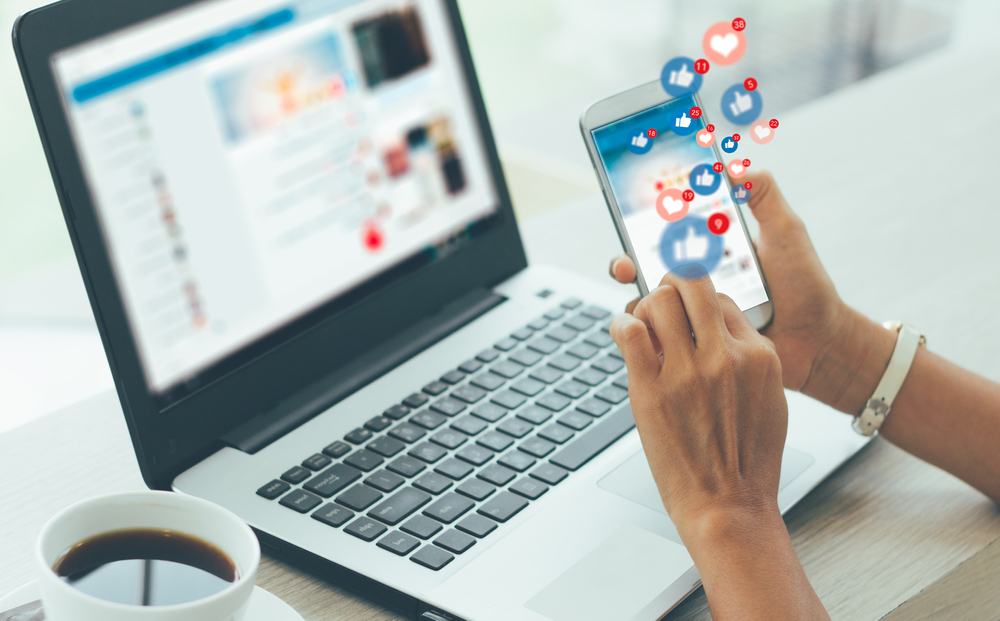
Remember when keeping a diary was private? Now people are live-streaming their breakfast, therapy sessions, and family feuds. Every minor life event gets documented in a 15-part social media series, complete with sponsored links and affiliate codes. Your cousin’s toddler has a bigger digital footprint than most ’90s celebrities, and they haven’t even mastered walking yet. The concept of privacy has become so foreign that not sharing something online makes people assume either you’re in witness protection or going through an existential crisis.
2. Being “Always On” for Work

Somehow, answering work emails at 10 PM has transformed from “concerning workaholic behavior” to “showing initiative.” Your boss sending Slack messages on Sunday isn’t considered rude anymore—it’s a “flexible work culture.” People are bragging about their burnout like it’s a LinkedIn achievement badge, and taking actual vacation time has become more taboo than discussing your salary. The same technology that promised to liberate us has turned every waking moment into potential work time. Your grandparents’ generation fought for the 40-hour workweek, and we’re giving it back one late-night email at a time.
3. Ghosting as Communication

Apparently, just disappearing into the digital ether is now an acceptable way to end relationships, jobs, and friendships. People are treating human connections like Netflix subscriptions—there one day, gone the next, no explanation needed. The same people who would never dream of walking out mid-conversation think nothing of leaving messages unread for weeks. Dating has turned into a game of digital hide-and-seek, where “I’m just not good at texting” has replaced “It’s not you, it’s me.”
4. Competitive Busyness

Being perpetually overwhelmed has become some weird status symbol, like having a busy schedule somehow proves your worth as a human being. People are turning basic self-care into content creation opportunities and bragging about their stress levels. Having free time is treated with more suspicion than having a secret second family. The same folks who post about mindfulness and self-care are scheduling their relaxation time three weeks in advance between their side hustles and “personal brand development.”
5. Treating Mental Health as Aesthetic

Mental health awareness has somehow morphed from important advocacy into quirky personality traits for social media. Anxiety isn’t just anxiety anymore—it’s a personal brand complete with merchandise and sponsored posts. The same conditions that people used to suffer from in silence are now being used to sell everything from weighted blankets to subscription boxes. Actually getting therapy is more taboo than posting about needing therapy is.
6. Dating App Addiction
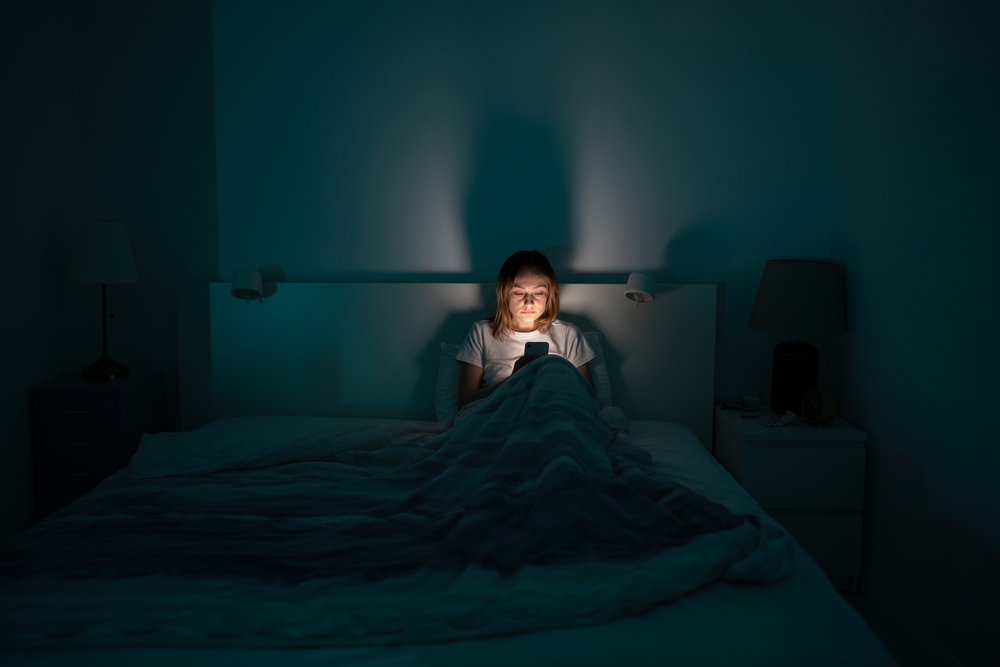
The endless scroll of potential partners has turned dating into a twisted game of human window shopping. People are treating relationships like Amazon orders—always looking for next-day delivery of something better, with free returns. The truth is, a real connection has been reduced to a series of carefully curated photos and witty one-liners, where everyone’s looking for their soulmate but treating people like they’re disposable.
7. Faux Financial Transparency

Everyone’s become a self-proclaimed finance guru, sharing their “money journey” while conveniently forgetting to mention their trust fund. The same influencers preaching about investing are selling courses that cost more than their actual portfolio is worth. Financial literacy has been replaced by financial entertainment, where everyone’s either bragging about their crypto gains or trauma-dumping about their student loans.
8. Parasocial Relationships

People are developing deeper emotional connections with YouTubers they’ve never met than with their own neighbors. Somehow, watching someone’s morning routine for three months straight has become equivalent to actual friendship. Fans are treating content creators like personal friends while creators pretend their audience is their “family”—right until they need to sell something. The line between genuine human connection and entertainment has become so blurred that people are grieving discontinued podcasts like they’ve lost a real friend.
9. Performative Activism
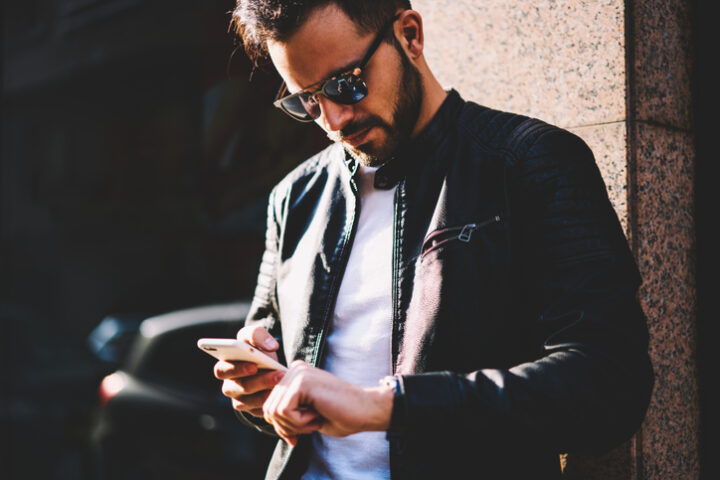
Social justice has turned into a social media performance art, where sharing an infographic counts as “doing the work.” People are treating serious issues like seasonal trends, and switching causes as often as they change their profile pictures. The same folks who post black squares and hashtag activism wouldn’t dream of having an uncomfortable conversation with their problematic relatives. True advocacy has been reduced to who can post the most aesthetically pleasing carousel of information that doesn’t move the needle.
10. Subscription Life

Everything from toothbrushes to friendships has somehow become a subscription service. People are paying monthly fees for things they used to just buy once, all in the name of convenience. Your grandmother’s kitchen drawer full of takeout menus has been replaced by six different food delivery apps, each with its own premium membership. We’re all slowly drowning in monthly payments for things we barely use, but canceling feels more complicated than filing taxes.
11. Digital Hoarding

People are collecting digital clutter like it’s going out of style, with phones full of screenshots they’ll never look at and email inboxes that would make Marie Kondo cry. The same folks who pride themselves on minimalism have 47,000 unread emails and enough saved Instagram posts to fill a museum. Cloud storage has turned everyone into data hoarders, saving everything from random memes to screenshots of conversations that might come in handy during future arguments. The digital equivalent of your grandma’s newspaper collection is now sitting in your Google Drive, but at least it’s not taking up physical space.
12. Professional Oversharing
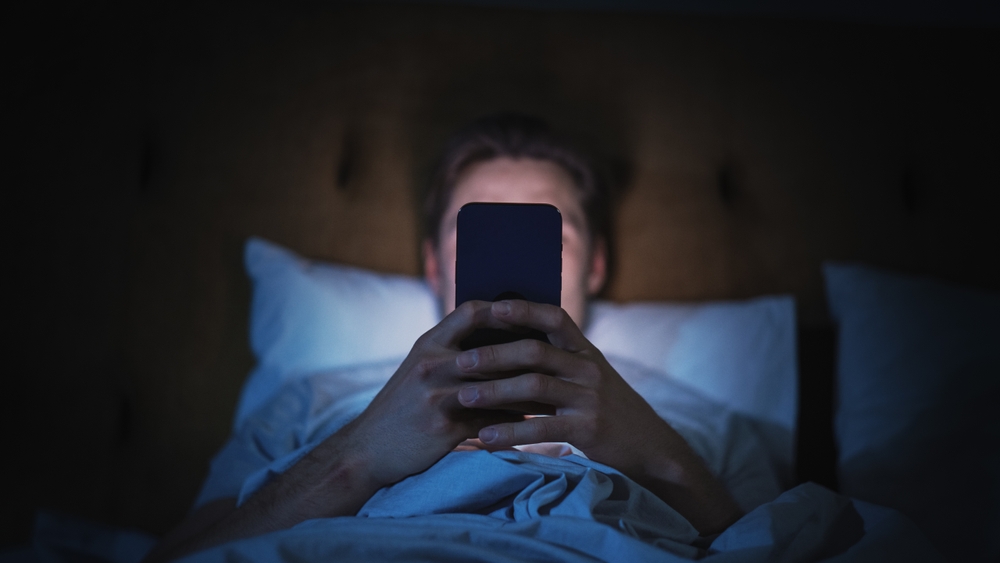
The line between professional and personal has become so blurred, that people are trauma dumping in LinkedIn posts and turning job interviews into therapy sessions. Somehow, sharing your deepest struggles has become a professional networking strategy. The same people who used to keep their work and personal lives separate are now writing viral posts about crying in their car during lunch breaks. Vulnerability has gone from career liability to personal brand enhancement, but only if it comes with a neatly packaged lesson about resilience or a growth mindset.
13. Nostalgia Exploitation

Everything’s being recycled faster than you’re actually recycling, with people getting nostalgic for things that happened literally last year. The same shows, fashion, and music are being repackaged and resold to people who were barely alive for the originals. Y2K aesthetics are being marketed to kids who weren’t even born when we were worried about computers crashing at midnight. Childhood memories have become content mines for corporations to exploit, turning every bit of nostalgia into an opportunity for a limited edition release or streaming reboot.
14. Productivity Obsession

Every hobby has to be monetized, every interest turned into a side hustle, and every moment optimized for maximum efficiency. People are tracking their sleep, steps, and screen time like they’re training for the Olympics of existing. The same activities that used to be pure enjoyment now need to demonstrate ROI or they’re considered a waste of time. Relaxation has been gamified into another task to optimize, complete with apps to track how well you’re doing at doing nothing.
15. Age-Inappropriate Adulting
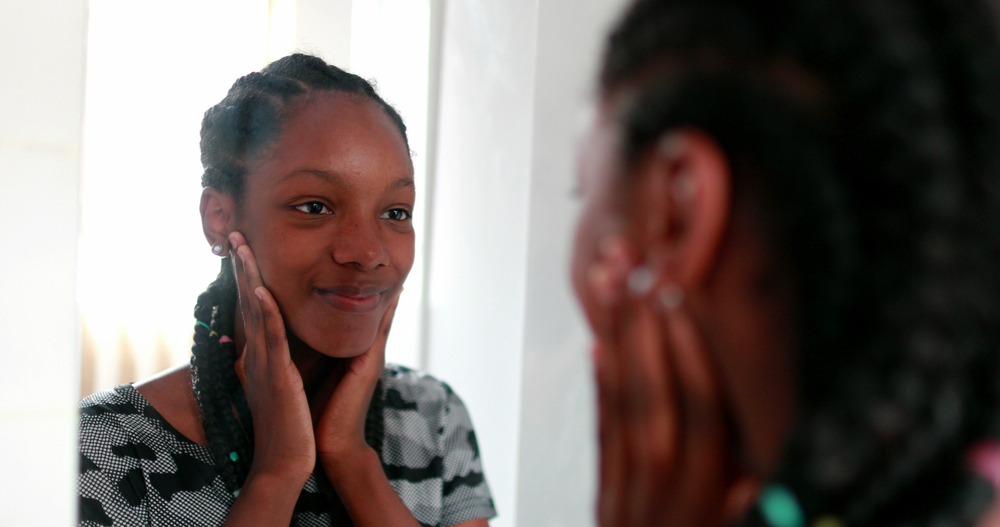
Twenty-somethings are acting like they’re retiring while teenagers are building personal brands before they’ve had their first job. People in their mid-twenties are talking about being “too old” for basic activities while simultaneously not knowing how to write a check. The same people who can’t cook a basic meal are giving life advice on TikTok to millions of followers. The traditional markers of adulthood have been replaced by a strange mix of premature world-weariness and extended adolescence.
16. Authenticity Marketing

The most carefully curated, filtered, and edited content is now being sold as “authentic” and “real.” People are scheduling their spontaneous moments and staging their candid shots. The same influencers who spend hours setting up the perfect “just woke up like this” photo are preaching about being genuine and unfiltered. Authenticity has become just another aesthetic to perfect, complete with its own presets and editing techniques.








